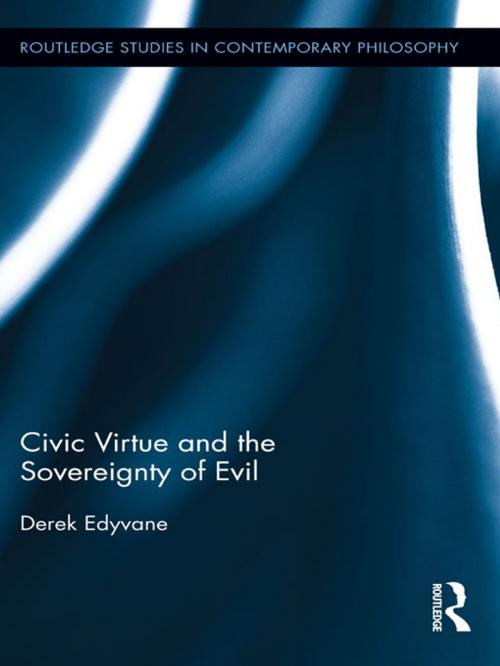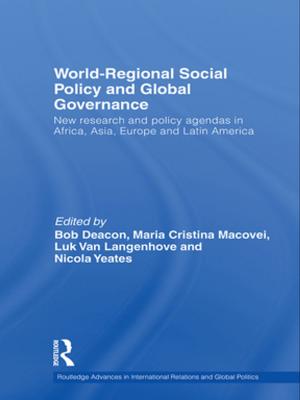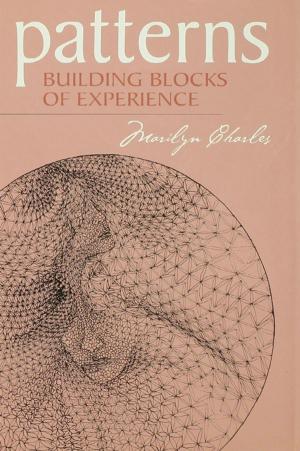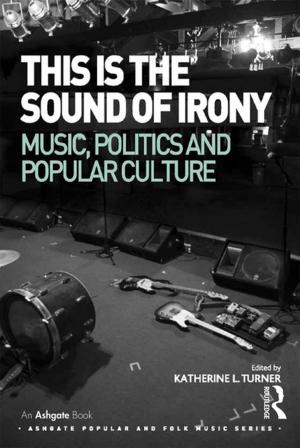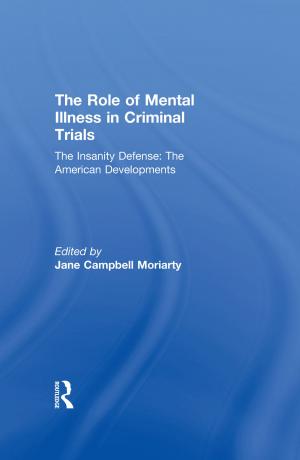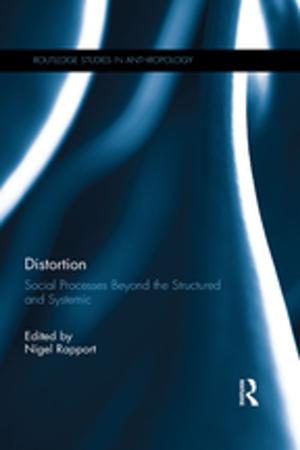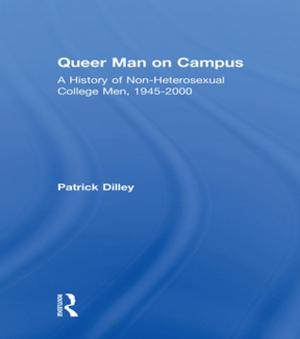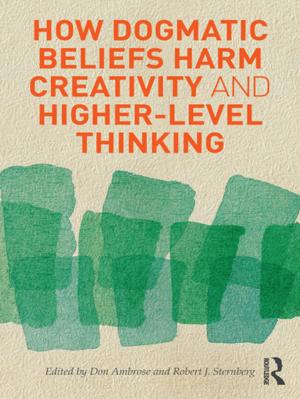Civic Virtue and the Sovereignty of Evil
Nonfiction, Religion & Spirituality, Philosophy, Good & Evil, Social & Cultural Studies, Political Science, Government, Civics, Political| Author: | Derek Edyvane | ISBN: | 9781136199967 |
| Publisher: | Taylor and Francis | Publication: | November 12, 2012 |
| Imprint: | Routledge | Language: | English |
| Author: | Derek Edyvane |
| ISBN: | 9781136199967 |
| Publisher: | Taylor and Francis |
| Publication: | November 12, 2012 |
| Imprint: | Routledge |
| Language: | English |
The last decade has witnessed a growing perception of ethical crisis in public life. Circumstances of political uncertainty, fueled by the rise of international terror and global financial crisis, have placed the practice of civic virtue under severe strain. Our turbulent times have prompted many people to think less about the "good life" and the "good society" and more about their basic needs for safety and reassurance. Consequently, while prominent public commentators call for the reassertion of civic virtue in the public square, it is very hard to see what basis there can be for its practice in present conditions.
This book articulates a new perspective on public morality in uncertain times by defending a radical re-orientation of civic ethics away from the pursuit of the good society and toward the prevention of the great evils of human life. Edyvane makes the following central innovations:
-
Uses the resources of philosophy to help us think about vital social, political, and spiritual questions that have dominated the public conversation of liberal democracies since 9/11;
Offers a new perspective on key scholarly debates about civic virtue in a way that provokes disquieting questions about the character of religious diversity and conflict and the nature of foundations of public morality;
Develops and deploys a novel intellectual approach by drawing on the insights of art and literature to inform and enrich philosophical enquiry.
The last decade has witnessed a growing perception of ethical crisis in public life. Circumstances of political uncertainty, fueled by the rise of international terror and global financial crisis, have placed the practice of civic virtue under severe strain. Our turbulent times have prompted many people to think less about the "good life" and the "good society" and more about their basic needs for safety and reassurance. Consequently, while prominent public commentators call for the reassertion of civic virtue in the public square, it is very hard to see what basis there can be for its practice in present conditions.
This book articulates a new perspective on public morality in uncertain times by defending a radical re-orientation of civic ethics away from the pursuit of the good society and toward the prevention of the great evils of human life. Edyvane makes the following central innovations:
-
Uses the resources of philosophy to help us think about vital social, political, and spiritual questions that have dominated the public conversation of liberal democracies since 9/11;
Offers a new perspective on key scholarly debates about civic virtue in a way that provokes disquieting questions about the character of religious diversity and conflict and the nature of foundations of public morality;
Develops and deploys a novel intellectual approach by drawing on the insights of art and literature to inform and enrich philosophical enquiry.
